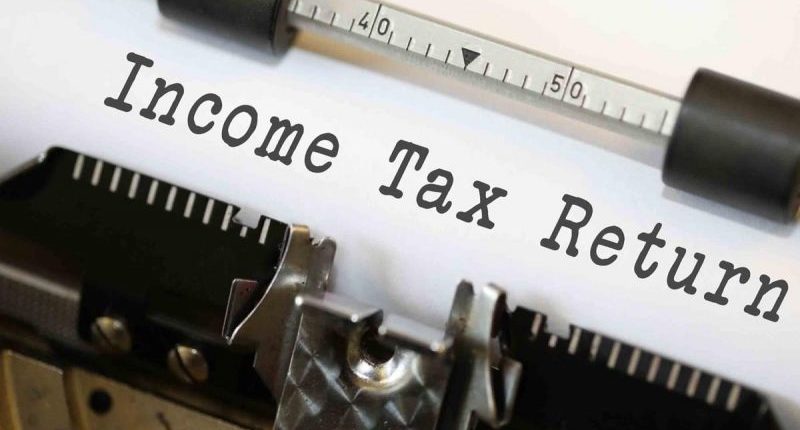The due date for filing income tax returns (ITR) for a financial year (FY) is usually 31st July of the succeeding FY. However, for FY 20-21, the government has extended the due date by two months until 30th September 2021 due to the COVID-19 pandemic and lockdowns imposed. This gives taxpayers ample time to file their tax returns without violating the deadline and being subjected to late fees.
Paying taxes and filing tax returns on time is the duty of every citizen of India. Hence, every taxpayer wishes to submit an accurate and timely return while ensuring efficiencies in tax savings. This article is not about saving tax but instead covers the important points to bear in mind before you submit your ITR for FY 20-21.
- Old v/s New Tax Regime – Choose whichever is apt
Budget 2020 introduced a new tax regime that offers taxpayers the option to pay tax at lower rates. Taxpayers can choose to pay tax under the new tax regime, provided they do not claim any deductions or exemptions. It is best that you, as a salaried person, plan your tax-saving investments, if any, at the beginning of the financial year. For FY 21-22, it is possible to do so now. But for FY 20-21, in case you have missed making any tax-saving investments and do not have any deductions to claim from your gross income, then the new tax regime may give you lower tax liability. It would help if you calculated your taxes under both tax regimes before you file your returns to choose which regime is more apt for you.
- Understand the changes in ITR forms
At the beginning of every assessment year (AY), the income tax department notifies the ITR forms after updating them with the relevant new changes. For example, let’s take Form ITR-1, which is used by individuals having income from salary, one house property and income from other sources, with a few exceptions. For example, this form cannot be filed by a person for whom tax deducted at source (TDS) has been deducted for a cash withdrawal under Section 194N. In addition, ITR-1 can also not be filed by employees whose tax has been deferred regarding their employee stock options (ESOPs) allotted by an eligible startup. Hence, it is necessary to bear these changes in mind before choosing an ITR form.
- Report deductions not submitted to your employer and verify pre-filled data
Salaried employees are required to submit a declaration at the beginning of an FY with all the tax-saving investments and deductions that they propose to make during the FY. During the FY, there is usually a cut-off date to submit these investment proofs. If you have forgotten to submit the same, worry not because you can claim the applicable deductions when filing your ITR.
This year, taxpayers also benefit from getting information like interest earned, capital gains on mutual funds and shares, dividend received, etc., pre-filled in their ITR. You will need to verify these details with the relevant documents you have carefully. Hence, it is advised to collect and refer your Form 16, Form 26AS and bank statements before filing your ITR.
- Submit expenses under the LTC cash voucher scheme
For FY 20-21, since most Indians could not travel given the pandemic, the government allowed salaried employees to claim a deduction under Leave Travel Allowance (LTA) by spending money through the LTC cash voucher scheme. The tax exemption can be claimed up to a maximum of Rs.36,000 per person or one-third of the expenditure incurred, whichever is less. The money should have been spent purchasing certain goods, which attract a 12% GST rate or higher. The purchases should have been made between 12th October 2020 and 31st March 2021.
- Pay taxes and file on time to avoid interest and penalties
One of the main ways to be tax compliant is to file your income tax return before the due date. However, this is non-negotiable compliance, and if a taxpayer fails to do so, he gets subjected to penalties under the Income Tax Act. Also, a more important point to note is that while the due date for tax filing has been extended, taxpayers with a self-assessment tax liability of more than Rs.1 lakh will have to pay the same before 31st July 2021. Failing which, the taxpayer will be charged interest beyond 31st July until the date of payment under Sections 234A, 234B and 234C.
For any clarifications/feedback on the topic, please contact the writer at athena.rebello@cleartax.in

I’m a Chartered Accountant by profession and a writer by passion. ClearTax lets me be both. I love travel, hot tubs, and coffee. I believe that life is short, so I always eat dessert first. Wait.. life is also too short to be reading bios… Go read my articles!





